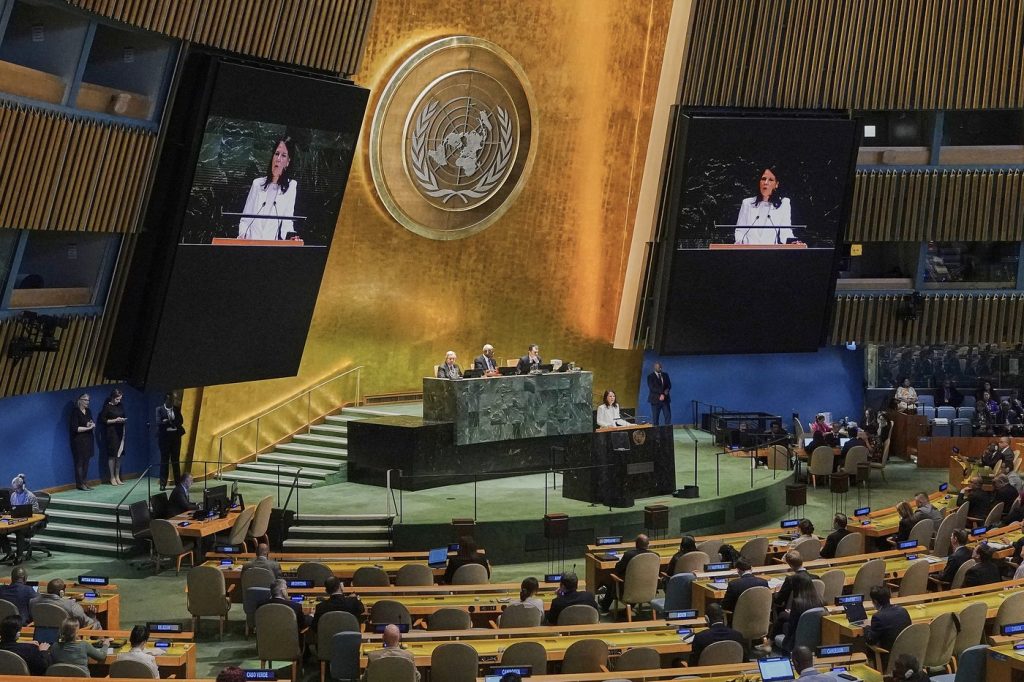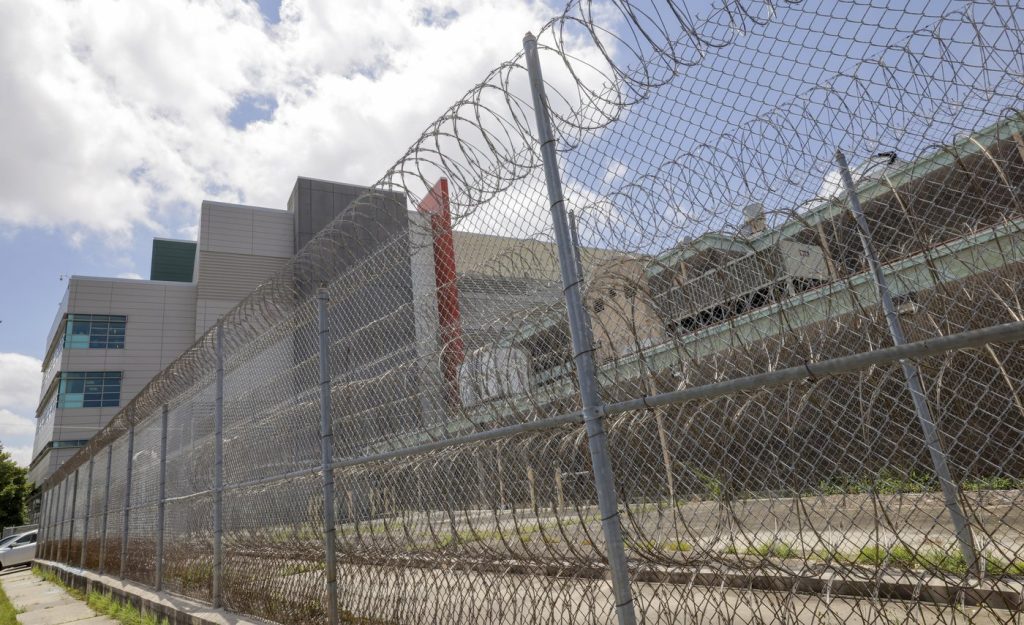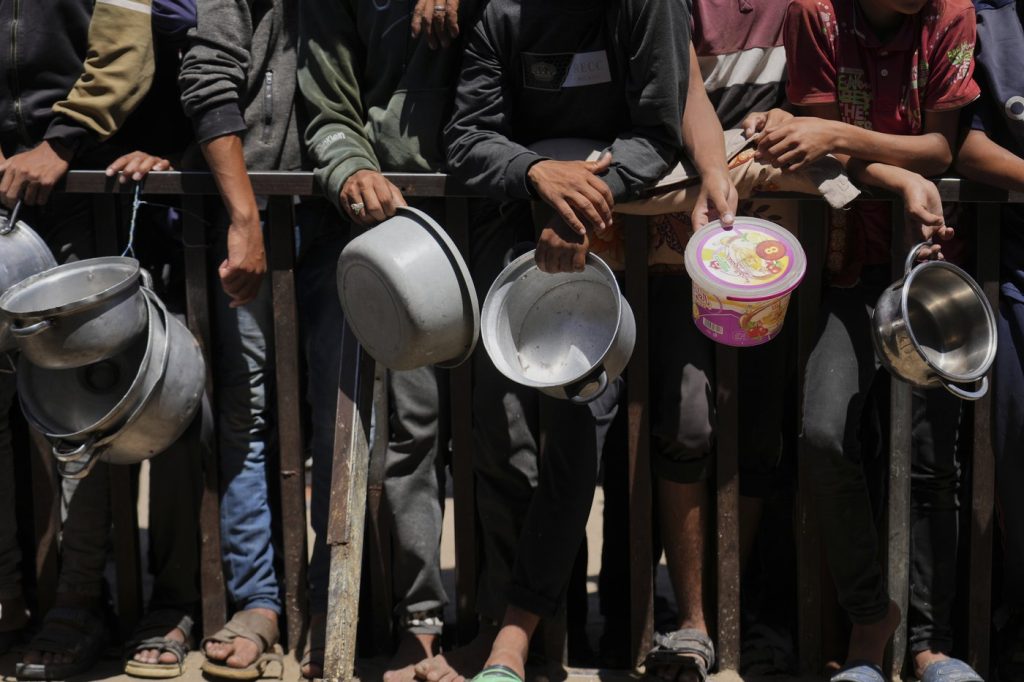UNITED NATIONS (AP) – Five countries have successfully secured seats on the United Nations Security Council following uncontested elections, with their terms set to commence in January. The elections involved a secret-ballot vote by the 193-member General Assembly for five rotating seats on the 15-member council.
The newly elected members are Bahrain, which received 186 votes; Congo, with 183 votes; Liberia, garnering 181 votes; Colombia, with 180 votes; and Latvia, which secured 178 votes. Notably, this marks Latvia's first term on the council since gaining independence from the Soviet Union in 1991.
Latvian Foreign Minister Baiba Braze expressed her country’s readiness for this responsibility, emphasizing their historical perspective to empathize and form partnerships across all global regions. "We know the value of freedom," she stated, highlighting the fragility of peace and the importance of multilateralism in safeguarding it. Braze also underscored Latvia's commitment to striving for a just and lasting peace in Ukraine, while also focusing on alleviating suffering in the Middle East and Africa.
Bahrain will represent the Arab states on the council. Foreign Minister Abdullatif bin Rashid Al Zayani emphasized his country's desire to be a "proactive contributor" to international peace and stability. He pointed out that resolving the longstanding Palestinian-Israeli conflict is pivotal for achieving regional peace, stressing the urgent need for a ceasefire and substantial humanitarian aid to Gaza, as well as advocating for a viable two-state solution to the conflict.
The UN Security Council, tasked with ensuring global peace and security, has been criticized for its ineffectiveness in major conflicts, notably due to the veto powers held by its permanent members—Russia and the United States—regarding Ukraine and Gaza, respectively. There have been numerous attempts to reform the Security Council to better reflect contemporary geopolitical realities since its establishment post-World War II. However, such efforts have repeatedly stalled, with noticeable gaps, such as the absence of a permanent seat for representatives from Africa or Latin America and the Caribbean.
According to current procedures, five new members are elected each year. The elected members will replace Algeria, Guyana, South Korea, Sierra Leone, and Slovenia in January.
Congo's Foreign Minister Thérèse Kayikwamba Wagner, whose country is set to serve its third term on the council, noted that their election symbolizes confidence not only in Congo but also in Africa’s unity and its role in shaping the global peace and security agenda. Regarding the ongoing violence from armed groups in Congo’s mineral-rich eastern regions, she emphasized the nation’s experience in addressing long-standing conflicts and challenges associated with UN peacekeeping operations.
Liberia's Deputy Foreign Minister Deweh Gray articulated a commitment to global improvement and the determination to tackle significant issues, including conflict, inequality, and climate change. She proclaimed that Liberia’s election represents a vote for Africa, underscoring the importance of adhering to the African common position.
Colombia’s U.N. Ambassador Leonor Zalabata urged global collaboration, encouraging nations to harmoniously work with nature to preserve the planet and foster peace. She further invited all countries to commit to upholding human rights in their actions.












